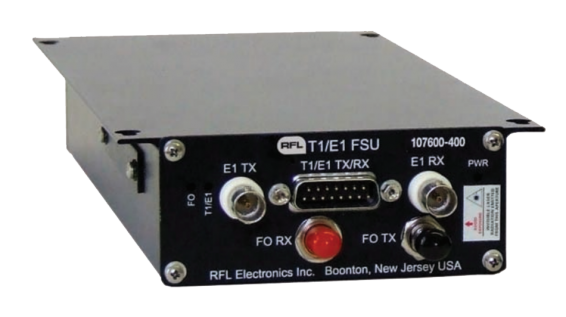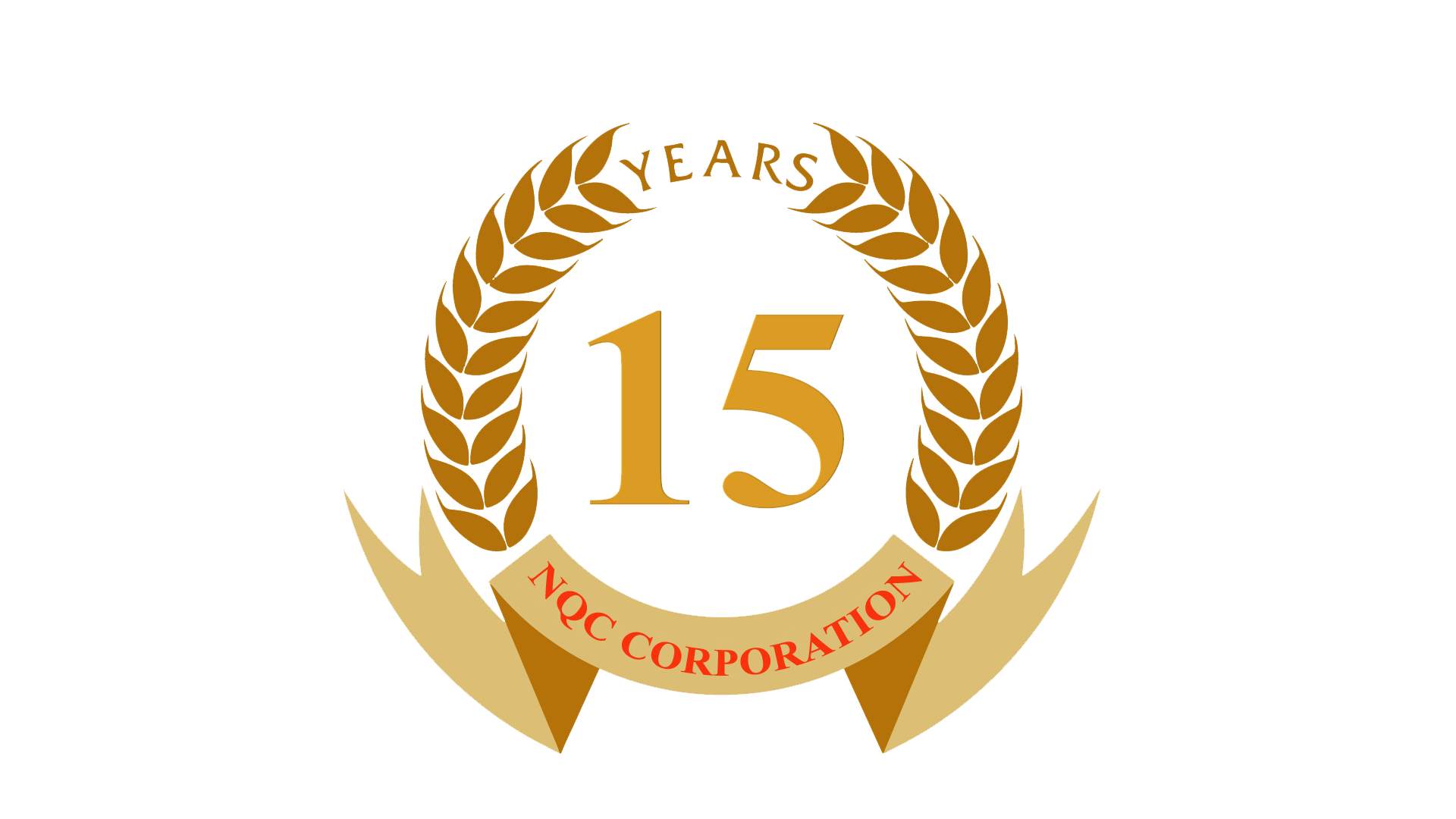The two IEEE ports are fully mapped into the G.704 standard frame structure of the E1 port, allowing for further SDH/PDH multiplexing and de-multiplexeing.
21-219 derives its syncronization from the network port, (E1), or from an internal 2048 kbps PDH compliant clock enabling it to be used in leased line applications using electrical E1 modems as SHDSL and alike.
The 21-219 Fiber Optic IEEE C37.94 – G.703 E1 Multiplexer from Fibersystem is intended for interfacing substation teleprotection equipment with IEEE C37.94 interfaces to telecom multiplexers using G.703 E1 interfaces.
The two independent IEEE C37.94 ports can be used for redundancy in the network or as a cross redundancy in dual installation.
The 21-219 Fiber optic IEEE C37.94 – G.703 converter can also be used in combination with the 21-216, (Fiber optic IEEE C37.94 – G.703 64 kbps to directly interconnect protection equipment and multiplexers to use the IEEE C37.94 standard to interconnect with equipment that only support G.703 interfaces.




















